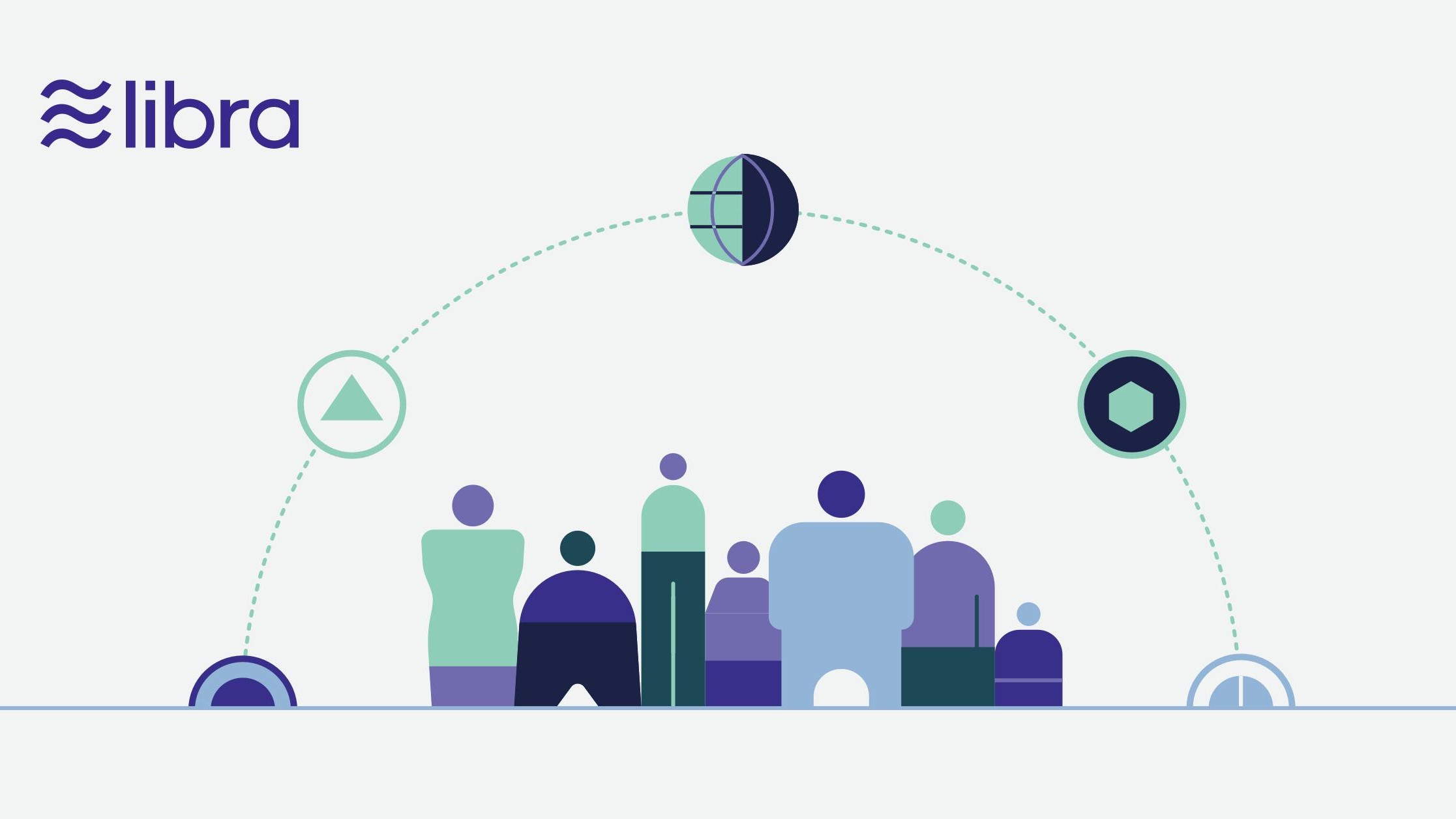Facebook's Libra overhauls cryptocurrency model, makes concessions to regulators
Libra will now be linked to individual currencies and overseen by global watchdogs

In an effort to win regulatory approval, Facebook's upcoming cryptocurrency Libra will now be linked to individual national currencies as well as overseen by global watchdogs.
The Libra Association recently announced that it will now offer “stablecoins” that are backed by single currencies such as a Libra dollar or Libra Euro and a redesigned digital token based on these coins.
Originally Libra was going to be backed by a mix of currencies and government debt but central banks and regulators voiced concerns that the cryptocurrency could destabilize monetary policy and help facilitate money laundering.
- Cryptocurrency deals dried up in 2019
- Nearly $10bn worth of cryptocurrency was stolen in the past three years
- Bitcoin Cash "halving event" could cause many miners to give up
The Facebook-led cryptocurrency will be issued and governed by the Libra Association which said that a “college” of central banks, regulators and enforcement agencies from over 20 countries set up by the Swiss watchdog FINMA will determine whether it can be licensed as a payments service provider in Switzerland.
According to the association's head of policy and communications, Dante Disparte, Libra, which was initially scheduled to launch by the end of June, will now to do so between mid-November and the end of this year.
Additional safeguards
To help combat money laundering and terrorist financing, the Libra Association will register with the US Treasury's Financial Crimes Enforcement Network (FinCEN) as a money services business which will likely mean that it will have to keep additional records.
Libra will also bolster protections for the Libra Coin's reserve in order to help it deal with “extreme market distress”. The reserve will hold liquid assets with short-term maturity and low credit risk and a capital buffer.
Are you a pro? Subscribe to our newsletter
Sign up to the TechRadar Pro newsletter to get all the top news, opinion, features and guidance your business needs to succeed!
In a blog post, the Libra Association's Michael Engle provided further insight on the changes it has made to its initial approach, saying:
“We have made changes to our initial approach, many of which depart from the approaches taken by other blockchain projects. Our goal was never to emulate other systems, but rather to leverage the innovative approach of using distributed governance and distributed technology to create an open and trustworthy system. By undertaking the difficult work of enhancing traditional financial systems to become programmable, interoperable, and upgradeable, we hope to allow others to leverage our efforts to build not only innovative but also safe and compliant financial applications that can serve everyone.”
- Also check out our roundup of the best mining PCs
Via Reuters
After working with the TechRadar Pro team for the last several years, Anthony is now the security and networking editor at Tom’s Guide where he covers everything from data breaches and ransomware gangs to the best way to cover your whole home or business with Wi-Fi. When not writing, you can find him tinkering with PCs and game consoles, managing cables and upgrading his smart home.
